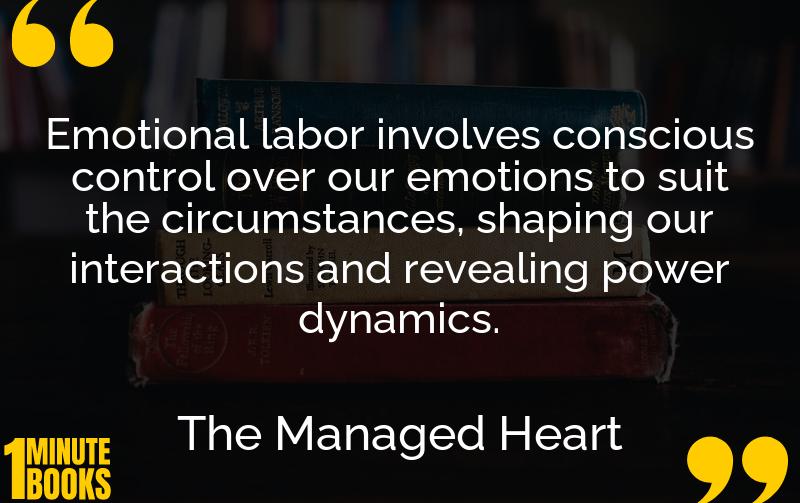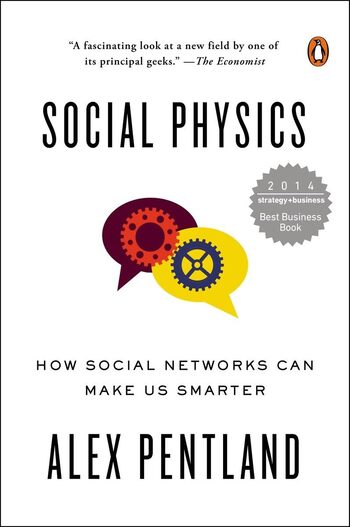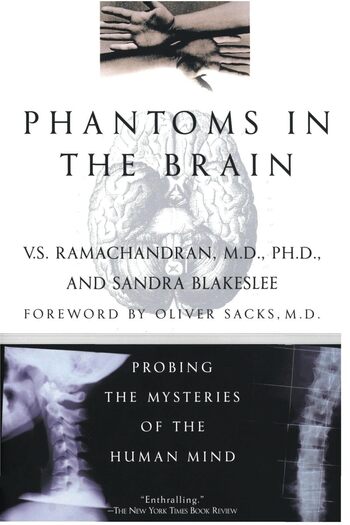
The Managed Heart by Arlie Russell Hochschild examines emotional labor, where individuals manage their emotions to fit social or professional settings, emphasizing its societal impact and the unique burden on women.
Main Lessons
- Emotional labor involves managing emotions to fit social or commercial situations.
- Flight attendants and actors are prime examples of emotional labor in their professions.
- Emotional labor goes beyond smiling and requires conscious management of feelings.
- Corporations utilize emotional labor to enhance service delivery and profitability.
- Feeling rules dictate which emotions are appropriate in specific situations.
- Our emotions are powerful signals that convey significance in relationships.
- Emotional exchanges function as an unseen currency in social interactions.
- Those in power benefit more from emotional labor than those lacking power.
- Women often bear a heavier burden of emotional labor compared to men.
- Gender inequality affects women’s ability to gain financial independence.
- Emotional labor can create financial assets for women in disadvantaged positions.
- The imbalance of emotional labor can undermine women’s authority at work.
- Understanding emotional labor reveals power imbalances in interpersonal interactions.
- Acknowledging emotional labor contributes to recognizing women’s efforts.
- Creating equitable relationships involves addressing the cost of emotional labor.








